
The miniature schnauzer is a small terrier dog from Germany who was bred as a farm dog meant to exterminate vermin. Today, these hardy, feisty little dogs—bred down from the larger standard schnauzer—are favorites of allergy sufferers and apartment dwellers.
Miniature schnauzers don't shed much, so they're considered hypoallergenic. Their size, usually around 1 foot tall and weighing under 20 pounds, can make them perfect for apartments. But mini schnauzers are smart and will frequently bark, so make sure you can keep them busy.
Learn more about the popular miniature schnauzer.
GROUP: Terrier
HEIGHT: 12 to 14 inches
WEIGHT: 11 to 20 pounds
COAT: Medium-length, wiry double coat
COAT COLOR: Black, black and silver, or salt and pepper
LIFE SPAN: 12 to 15 years
TEMPERAMENT: Friendly, lively, alert
HYPOALLERGENIC: Yes
ORIGIN: Germany
Miniature schnauzers typically have a bright and vigilant temperament. They tend to be quite vocal and make for good watchdogs because they’re wary of strangers and devoted to their family. Usually, they're very affectionate and enjoy playtime.
Standard schnauzers can trace their roots back to the 15th century in Germany. They were sturdy working dogs on farms where they protected property, herded livestock, and exterminated vermin. The giant schnauzer, a larger spinoff from the standard, performed those tasks as well.
Then, in the late 19th century, farmers wanted a smaller dog who could hunt vermin. Besides the standard schnauzer, the poodle and affenpinscher also went into creating the mini schnauzer. The combination of these breeds made the mini schnauzer more friendly and eager to please than many other dogs in the terrier group.
Thus, the miniature schnauzer also quickly caught on as a lovable companion dog. Actor Mary Tyler Moore, politicians Elizabeth and Bob Dole, and martial artist/actor Bruce Lee were mini schnauzer owners.
The American Kennel Club first recognized the breed in 1926, and it's one of the most popular breeds in the United States for years. In 2023, the mini schnauzer was the 17th most popular breed, according to the AKC.
Miniature schnauzers need a moderate amount of exercise each day, and they should receive training and socialization from a young age. Plus, their coat needs regular grooming because it rarely sheds.
Miniature schnauzers are no couch potatoes. These little dogs should get at least one hour of exercise per day in the form of various activities, such as:
Puzzle toys also can provide these smart dogs with mental stimulation.
Make sure always to keep your mini schnauzer on a leash or in a fenced area when exercising outdoors. The breed’s strong prey drive can cause them to quickly take off after perceived quarry when given the chance.
The miniature schnauzer has a double coat consisting of a wiry topcoat and soft undercoat. They rarely shed, so they are a bit high maintenance, requiring regular brushing and trimming. And even though no dog is 100% hypoallergenic, the mini schnauzer is a good choice for those with allergies.
A quick daily brushing will remove any loose fur and prevent tangles. You'll also want to clean and brush out their beard, which may collect food and dirt.
Most pet parents opt to take their dog to a groomer every one or two months to have the coat clipped, though you also can learn to do this at home. It’s also important to trim the fur around the eyes regularly so it doesn’t impact their ability to see everything around them clearly.
Plan on a bath roughly every month, depending on how dirty your dog gets. Check your dog’s ears at least weekly for wax buildup and abnormalities, and use ear cleaners made for dogs when needed. Also, make sure your dog’s ears are dry if they’ve gotten wet.
These dogs need a nail trim about every month as well. Plan to brush their teeth daily.
Proper training and socialization are both essential for a happy, well-adjusted miniature schnauzer. Start as young as possible to prevent bad habits from forming. The breed generally learns quickly, but their high intelligence can make them bored with repetitive training. Thus, it’s important to keep training sessions fun, using positive reinforcement methods.
Expose your dog to different people, dogs, and places from a young age. Mini schnauzers are generally semi-open to meeting strangers and other dogs. But because of their prey drive, they might not coexist peacefully with smaller household pets like rodents.
Furthermore, miniature schnauzers can bark a lot. If that bothers you or your neighbors, you can limit the barking through training, exercise, and help from a professional trainer or behavior expert. They may sometimes bark when left alone, meaning separation anxiety could be at play.
The miniature schnauzer overall is healthy, but the breed is prone to some hereditary health issues, including:
Always have fresh water available for your miniature schnauzer. For food, feed them high-quality, nutritionally balanced canine diets. It’s typical to feed two measured meals per day. But you should discuss both the amount and type of diet with your vet to make sure you’re meeting the dog’s needs. Be mindful about treats and other extra food to prevent overeating.
As miniature schnauzers are prone to having high fat levels (hyperlipidemia), some might need a special diet to help manage their fats. This should always be prescribed by a veterinarian.
If you’re looking for a puppy from a reputable breeder, expect to pay around $500 to $2,800 on average, though the price can vary widely.
The mini schnauzer is a fairly popular breed, so it’s worth checking local animal shelters and breed-specific rescue groups for a dog in need of a home.
For further information to help you find a miniature schnauzer, check out:
The miniature schnauzer is a hypoallergenic breed that can make a wonderful family pet. These active dogs are friendly and enjoy a range of fun activities with their humans. However, they have a high prey drive and tendency to bark.
As with any breed, do plenty of research on the miniature schnauzer before deciding to bring one home. Talk to veterinarians, breed pet parents, reputable breeders, and rescue groups to learn more.
If you’re interested in similar breeds, check out:
There’s a whole world of potential dog breeds out there—with a little research, you can find the right one to bring home!
Well-trained and socialized miniature schnauzers can be excellent family dogs. They are typically tolerant of kids and enjoy family playtime.
Miniature schnauzers are prone to barking. Therefore, even though they’re small and can adapt well to various living situations, including apartments, training may be necessary to avoid disturbing neighbors.
Miniature schnauzers are generally sweet dogs, so they're usually not considered aggressive. They do, however, possess a high prey drive, so they might chase small animals.
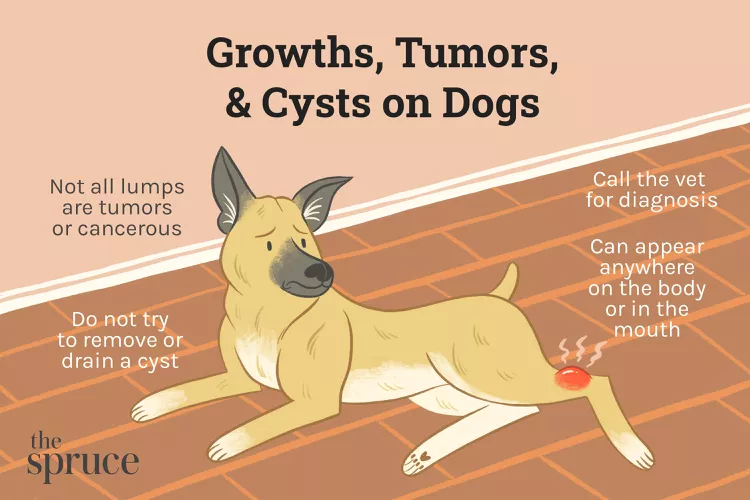
Tumors, Growths, and Cysts in Dogs
Tumors, lumps, growths, or cysts are commonly found on dogs. Learn the causes, treatments, and preventative measures.
Eye Injuries and Infections in Dogs
Dogs can suffer eye injuries that range from mildly irritating to serious medical emergencies. Learn the causes, treatment, and prevention.
Vestibular Disease in Dogs
Vestibular disease affects a dog's balance and eye movements. Find out about the signs, causes, and treatment of vestibular disease in dogs.
Is Acetaminophen Safe for Dogs?
Acetaminophen is used by humans for pain and fever relief, but is it safe for dogs? Here's what you need to know before giving your dog acetaminophen.
Can Dogs Eat Zucchini? Everything to Know About This Hardy Summer Squash
Zucchini is a nutritious food that's safe for dogs to eat in moderation. This low-calorie, high-fiber vegetable can be incorporated as a healthy treat in a dog's balanced diet. Learn more about its health benefits, potential risks, and how to prepare it.
Can Dogs Eat Popcorn? What You Need to Know for Movie Night
Dogs can eat popcorn, but there are safety concerns. Find out how to safely feed your dog popcorn and what you should do if you're concerned.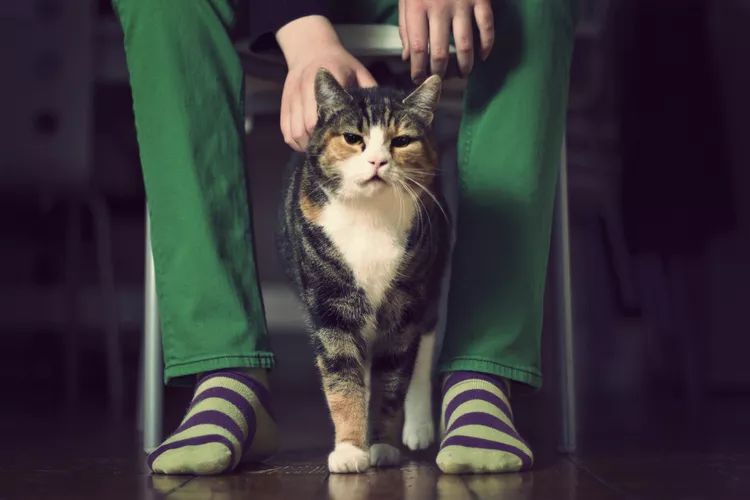
65 Irish Cat Names
Irish cat names can pay homage to historical places, local cuisine, famous Irish actors and musicians, or other wonderful aspects of the Emerald Isle.
46 Egyptian Cat Names
Whether inspired by notable Egyptian deities, locales, or pharaohs, Egyptian cat names can bring out the divinity of your noble feline companion.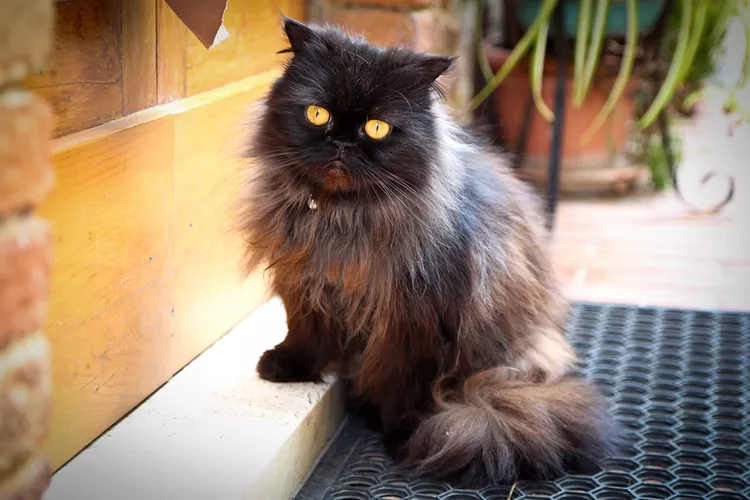
Are Ant Traps Safe for Cats?
Here's how to know if ant traps are safe for cats and how to keep yours free from harm if you have an ant problem.
The 6 Best Cat Nail Clippers of 2024 for a Safe Trim
Clipping your cat's nails can save your furniture and keep your kitty comfortable. We asked veterinarians for their cat nail clipper recommendations.
Is Neosporin Safe for Cats?
A brief summary of concerns a cat owner should be aware of before putting Neosporin on their cat, plus tips for things they can use at home instead.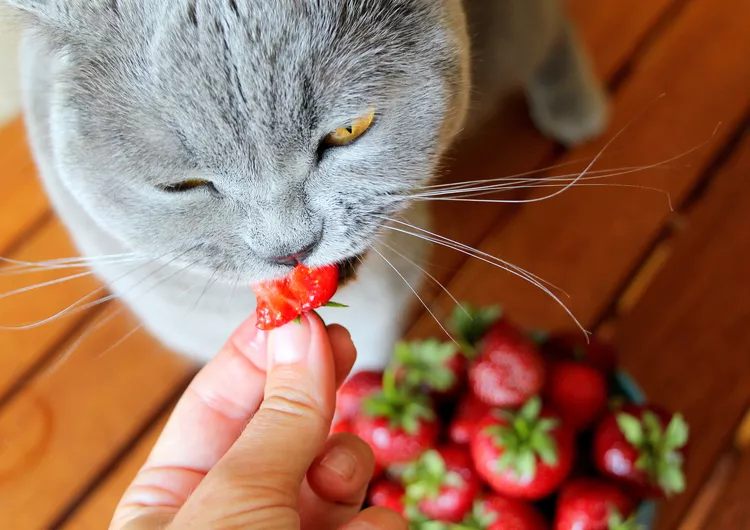
Can Cats Eat Strawberries? How to Safely Share This Summer Berry
Although cats are primarily meat eaters, strawberries may be an interesting and tasty snack for your feline friend. Find out the risks of feeding strawberries to cats and how to safely let your cat enjoy this fruit.
Cute Pictures & Facts About Calico Cats & Kittens
Learn fascinating facts about calico cats, including photos, the genetics behind this color combination, and common folklore and traditions.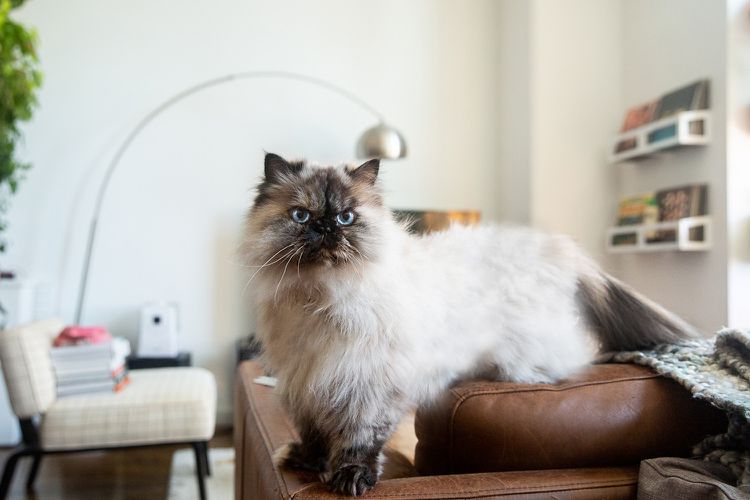
12 Most Popular Cat Breeds for Feline Lovers
These 12 cat breeds, like the Siamese and Sphynx, are known for their unique appearances and personalities. Learn what makes them so popular.
Balinese: Cat Breed Profile, Characteristics & Care
The Balinese cat is playful, sociable, elegant, intelligent, and a touch on the vocal side. Learn about the Balinese, including appearance, temperament, health, and care needs.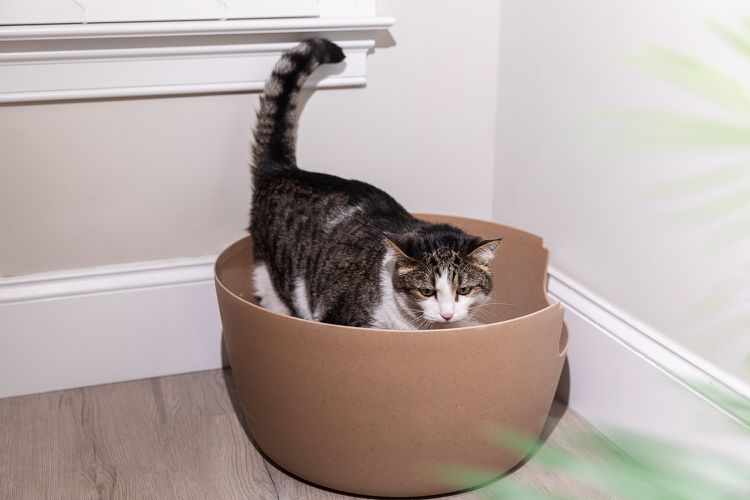
Why Cats Don't Always Cover Their Poop
Cats may not cover their poop for a few different reasons, including being territorial, sending a message to their owner, and not liking the litter.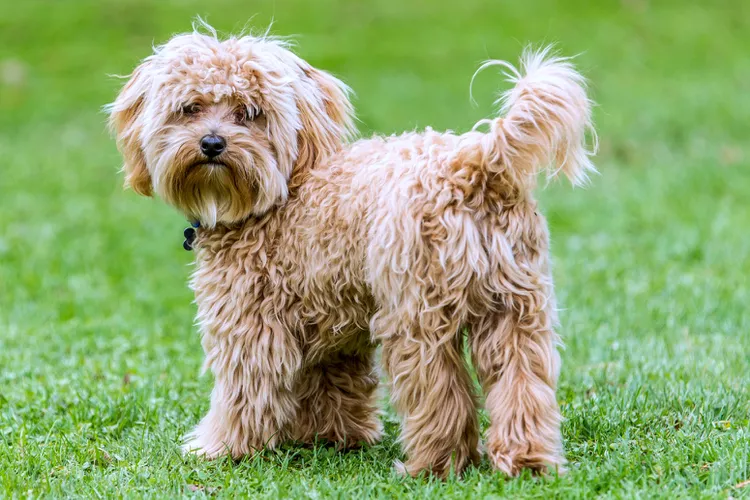
Cavapoo: Dog Breed Characteristics & Care
The Cavapoo is a hybrid of the Cavalier King Charles spaniel and a toy or miniature poodle. Learn why these teddy-bear-looking dogs make the perfect addition to your family.
Why Dogs Eat Poop and How to Stop Them
Is your dog eating poop? Some dogs do this because of stress or illness. Learn how to prevent stool eating, or coprophagia, in dogs.
Can Dogs Get Depression? How to Help Your Sad Dog
Can dogs get depression? Learn about the signs of depression in dogs and find out how to help your sad dog.
4 Reasons Why Your Dog Licks Their Butt
Butt-licking in dogs can be a part of normal grooming, but excessive butt-licking is not normal. Read about the most common reasons for this behavior.